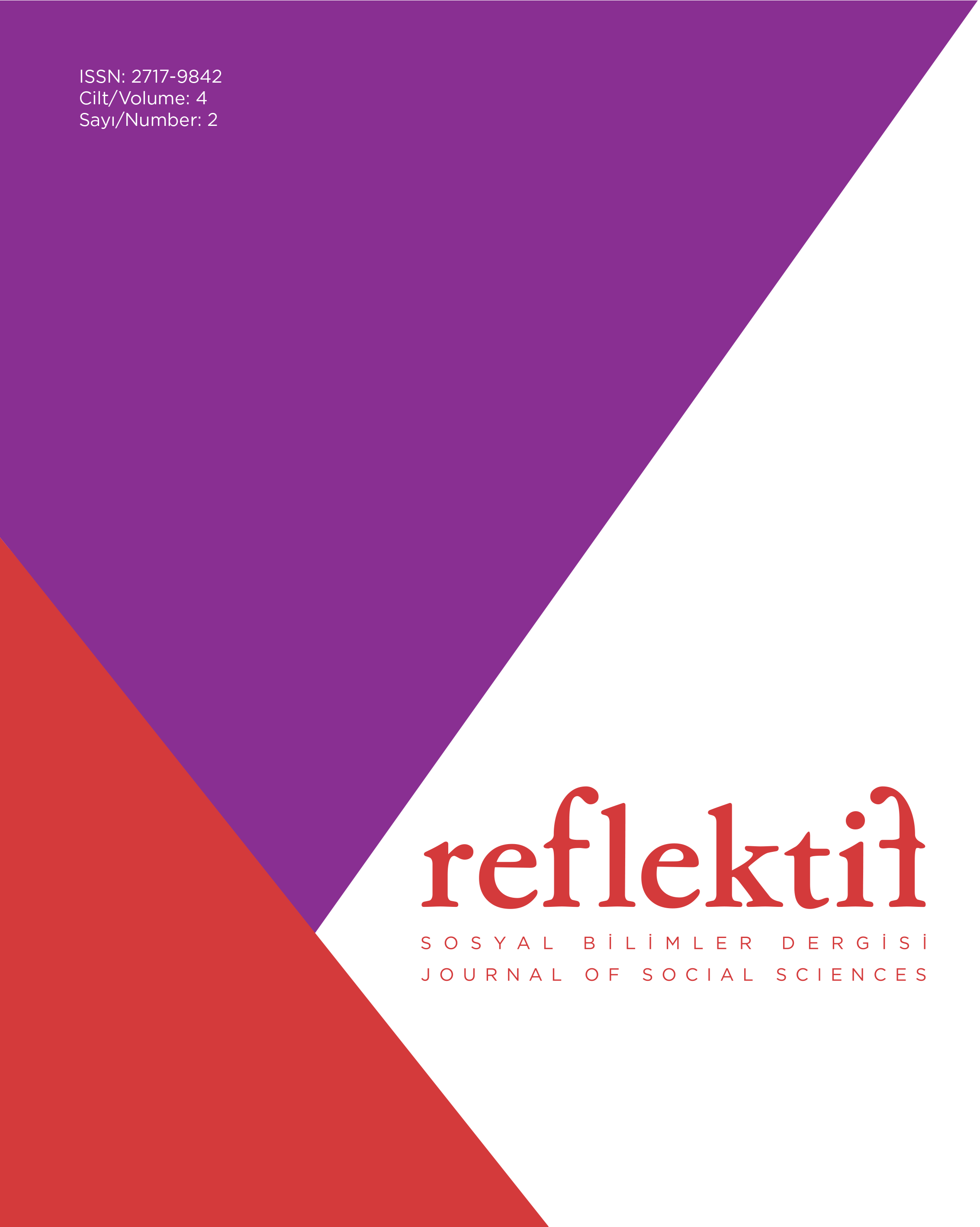Working Beyond Pension Age in Turkey: A Qualitative Analysis from a Life Course Perspective
DOI:
https://doi.org/10.47613/reflektif.2023.107Keywords:
determinants of working beyond pension age, life-course approach, individualization of risks, extending working lives, commitment to workAbstract
Working in later life is increasingly becoming the norm in contemporary societies. Current developments in labor market and pension policies have extended working lives. The literature suggests that retirement is no longer seen as a single event marking the end of paid employment, but it appears as a varied process. This leads to retirement becoming a more individualized, fragmented, and complex experience. Against this background, this research focuses on the emerging pattern of working beyond retirement age in Turkey. Based on a qualitative thematic analysis of the interviews from a life- course perspective, the findings of this thesis reveal the complexity of factors in explaining respondents’ decision to continue working beyond the retirement age in the case of Turkey. These factors, spread out over the course of life, cut across multiple levels, such as changes in the welfare system and the labor market, household needs, and individual motivations. Last but not the least, the article suggests that the narratives of working in later life are also indicative of the individualization of the risk of income loss in old age in the Turkish context.
Downloads
Published
How to Cite
Issue
Section
License
Copyright (c) 2023 Mine Kösem Çınay

This work is licensed under a Creative Commons Attribution-ShareAlike 4.0 International License.
All manuscripts which are submitted to the REFLEKTIF Journal of Social Sciences should not be published, accepted and submitted for publication elsewhere.
In case an article is accepted for publication it is allowed to combine the article with other researches, to conduct a new research on the article or to make different arrangements on condition that the same license is used including the commercial purpose.
As an author of an article published in REFLEKTIF Journal of Social Sciences you retain the copyright of your article and you are free to reproduce and disseminate your work.




